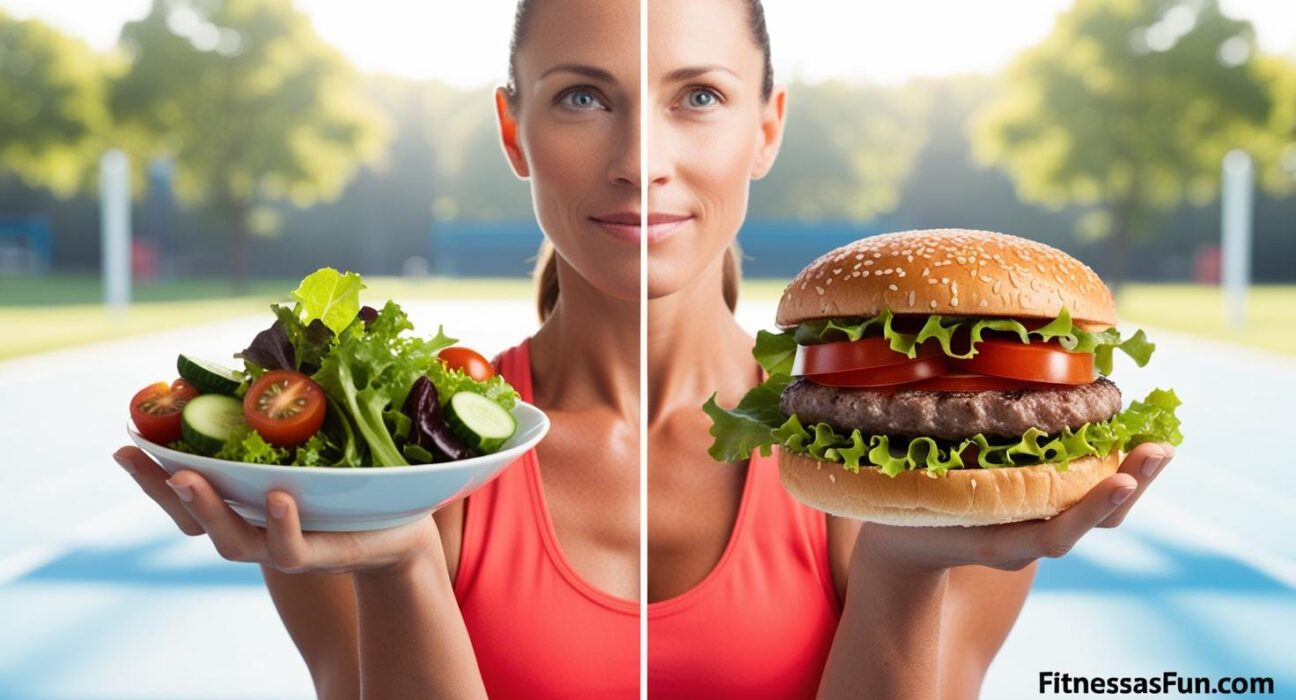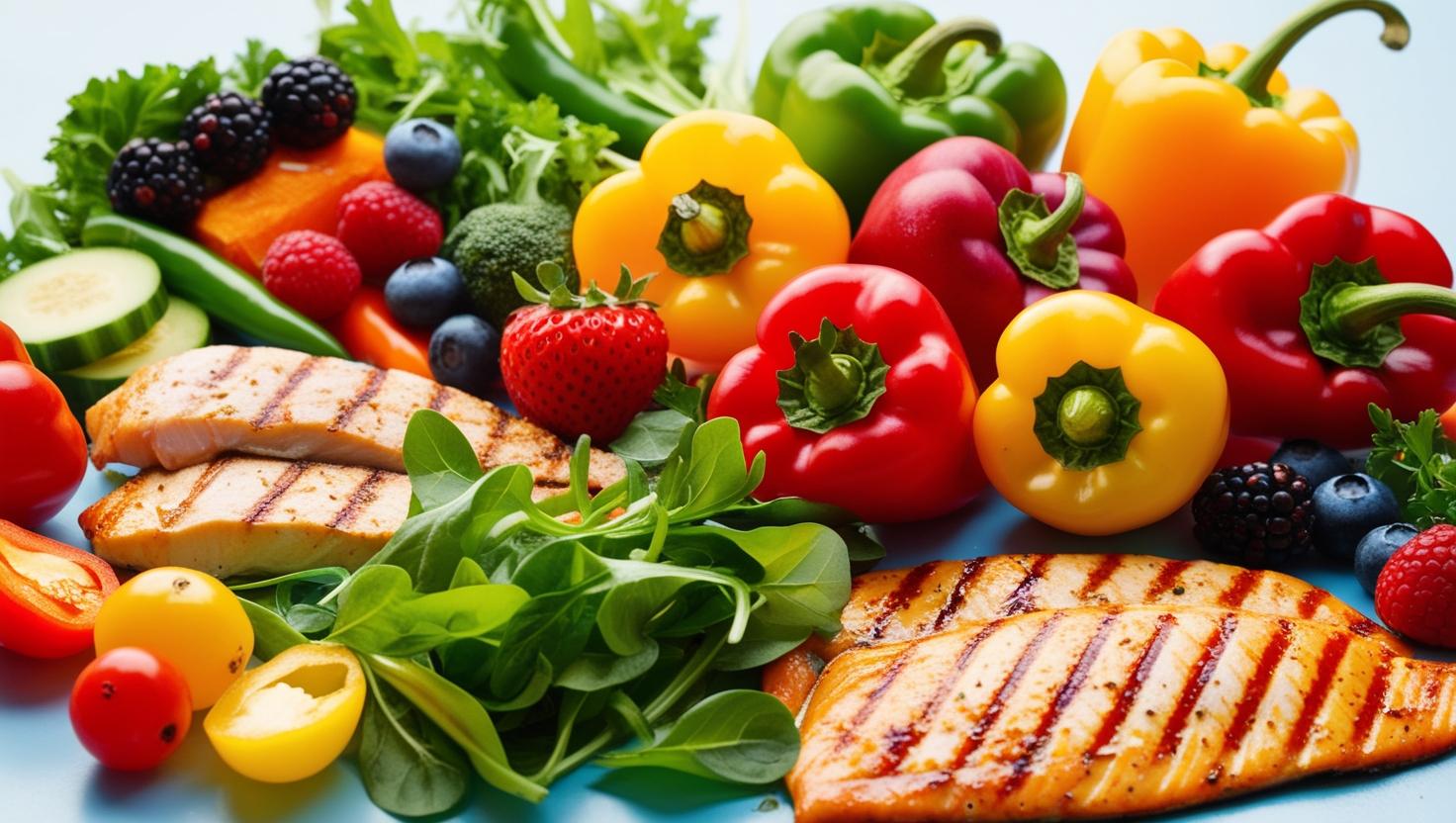I used to believe cheat meals were my reward. Work out hard, eat clean, then boom—pizza night. Sound familiar? But what if I told you that the real impact of cheat meals isn’t what you think?
Let’s break the myth and reveal what cheat meals actually do to your metabolism, your mindset, and your long-term fitness.
What Is a Cheat Meal, Really?
A “cheat meal” is when you temporarily abandon your usual diet to eat something indulgent—burgers, fries, cake, or a full-out buffet. It’s meant to be an emotional and metabolic reset. But here’s the twist:
Calling it a “cheat” already sets you up for a guilt-and-binge cycle.
Does a Cheat Meal Really Boost Your Metabolism?
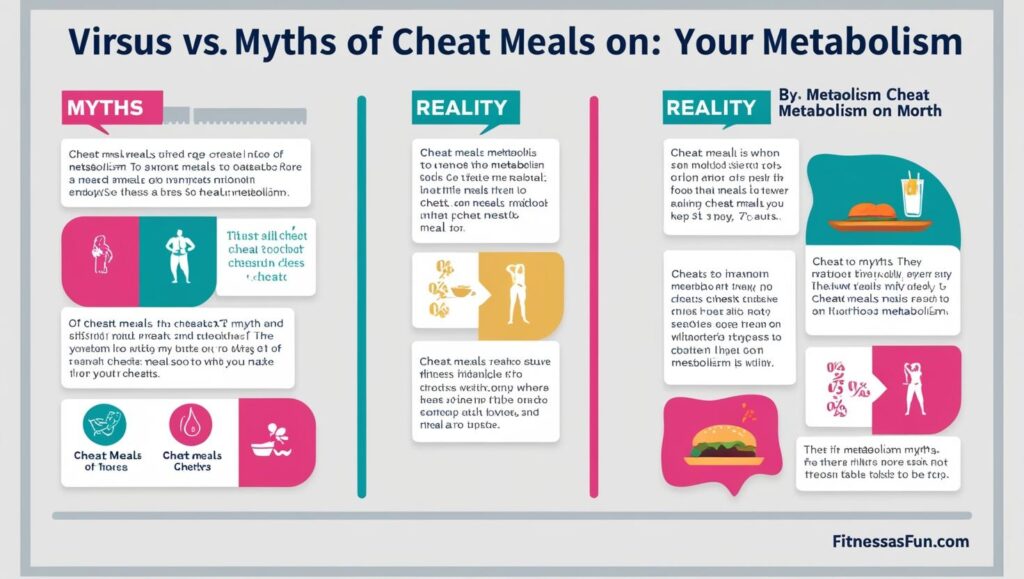
This idea comes from one scientific truth: when you diet, your metabolism slows down.
Cheat meals are thought to “shock” your metabolism and increase fat-burning hormones like leptin and thyroid hormones.
But here’s the reality:
- Leptin only increases meaningfully after 3-5 days of overfeeding, not one meal.
- Your metabolism might get a tiny bump after a big cheat meal, but it’s short-lived—maybe a few hours.
- Most of the calorie surplus just gets stored, not burned.
💡 Truth bomb: Your metabolism isn’t a light switch. One meal won’t rev it up like a car engine.
So, Are Cheat Meals Useless?
Not exactly. They’re powerful—just not in the way most people think.
What Cheat Meals Actually Help With:
- Psychological relief: Gives you a break from restrictive eating.
- Social flexibility: You can enjoy birthdays, weddings, or dinners without anxiety.
- Long-term sustainability: You’re more likely to stick to your diet if you know you can enjoy a burger on Saturday.
👉 The real value of cheat meals is mental, not metabolic.
The Dark Side: When Cheat Meals Backfire
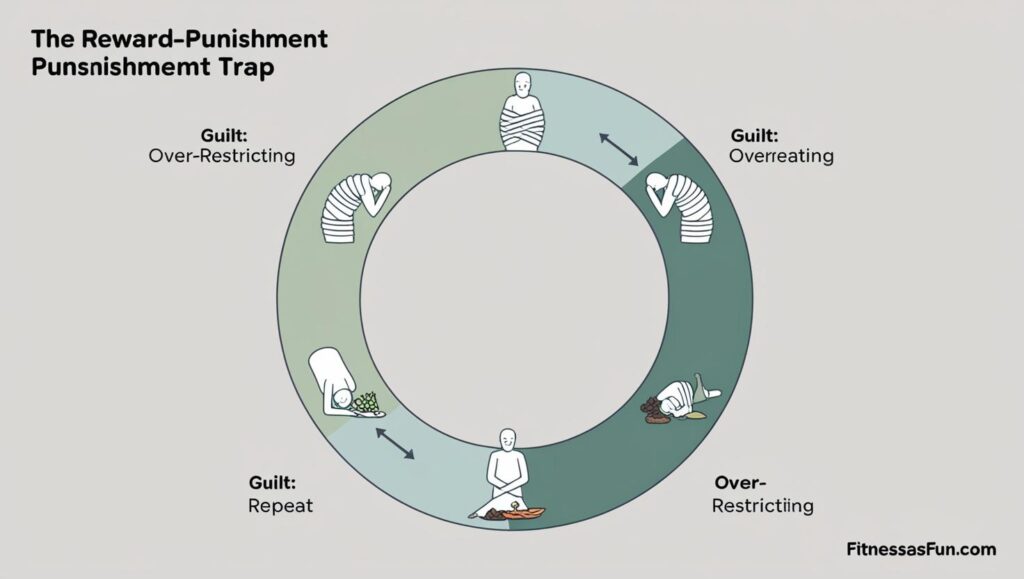
For some, cheat meals become:
- A gateway to binge eating
- A justification for “eating clean” to punish yourself later
- A full-on cheat weekend that ruins your weekly deficit
This creates what I call the “reward-punishment trap”: Over-restrict → Over-indulge → Guilt → Repeat.
I’ve been there. I once ate a whole pizza and tub of ice cream after a tough week of clean eating—then ran 10 miles the next day out of guilt. That’s not freedom. That’s diet prison.
A Better Approach: Reframe the ‘Cheat Meal’
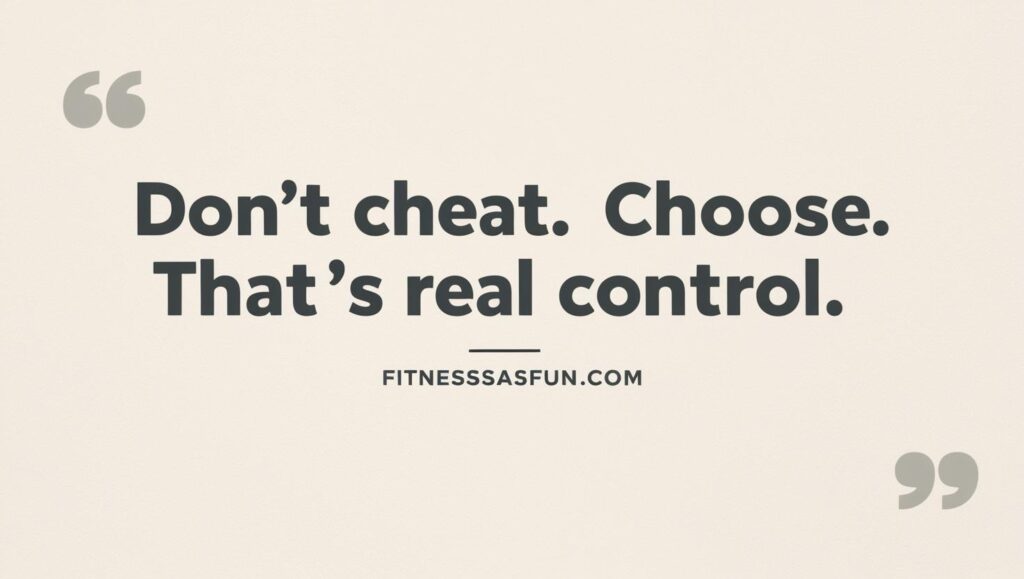
Don’t cheat. Plan. Call it a flex meal or strategic refeed. Here’s how:
1. Pre-log your flex meal
Know what and when you’re going to eat it. No surprises.
2. Stick to the portion
Enjoy a burger—but not a burger, fries, soda, and dessert bomb combo.
3. Stay mindful
Eat slowly. Savor it. Then get back to your usual meals—no punishment required.
4. Don’t skip meals before or after
That “save up calories” tactic often leads to overcompensation and binging.
Who Should (and Shouldn’t) Use Cheat Meals?

Cheat meals can help if you:
- Are on a long-term fat loss plan
- Have strong dietary discipline
- Don’t have a history of binge eating
Avoid them if you:
- Feel out of control around food
- Use food to cope emotionally
- Can’t stop at one “cheat” item
Final Thought: It’s Not About Cheating—It’s About Living
Your body is not a machine you “trick.” It’s a system that thrives on consistency, balance, and self-compassion.
You don’t need to “earn” your food. You just need a plan that works for you.
Stop cheating. Start choosing—intentionally, consciously, joyfully.
My Story
I once believed cheat meals were proof that I was “in control.” But over time, they became a slippery slope into guilt. Today, I eat pizza without calling it cheating—because my diet isn’t a test, it’s a lifestyle.
That shift changed everything. It can for you too.
FAQ
Q: Will a weekly cheat meal ruin my fat loss progress?
A: Not if it’s planned and controlled. A single meal won’t undo a calorie deficit if the rest of your week is dialed in.
Q: Can cheat meals boost muscle growth during bulking?
A: Not directly. Muscle growth depends on total protein intake, resistance training, and overall calorie surplus—not cheat meals.
Q: What’s better: one big cheat meal or small indulgences throughout the week?
A: For most people, small, frequent indulgences are more sustainable and less likely to trigger binges.


